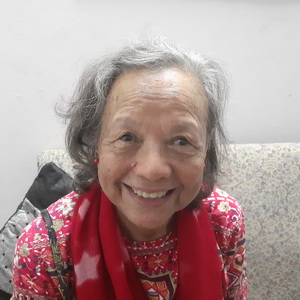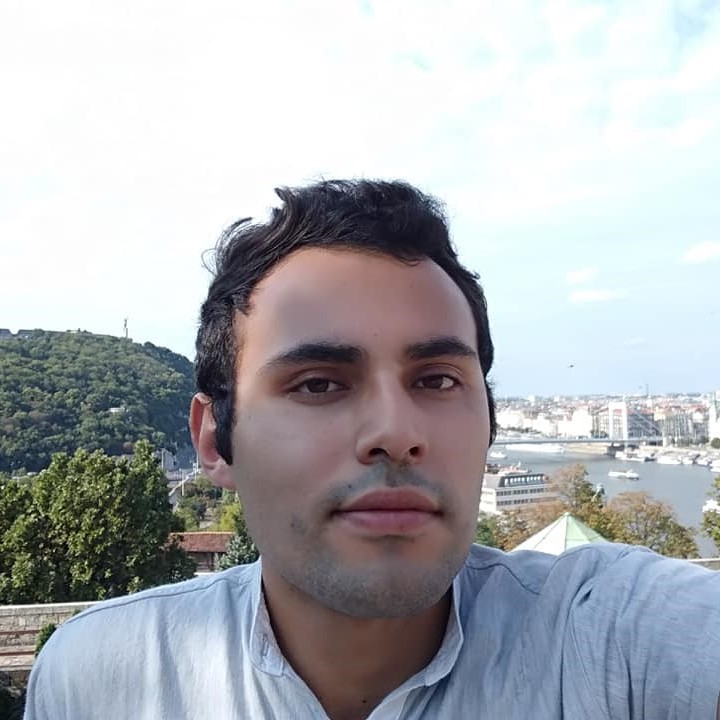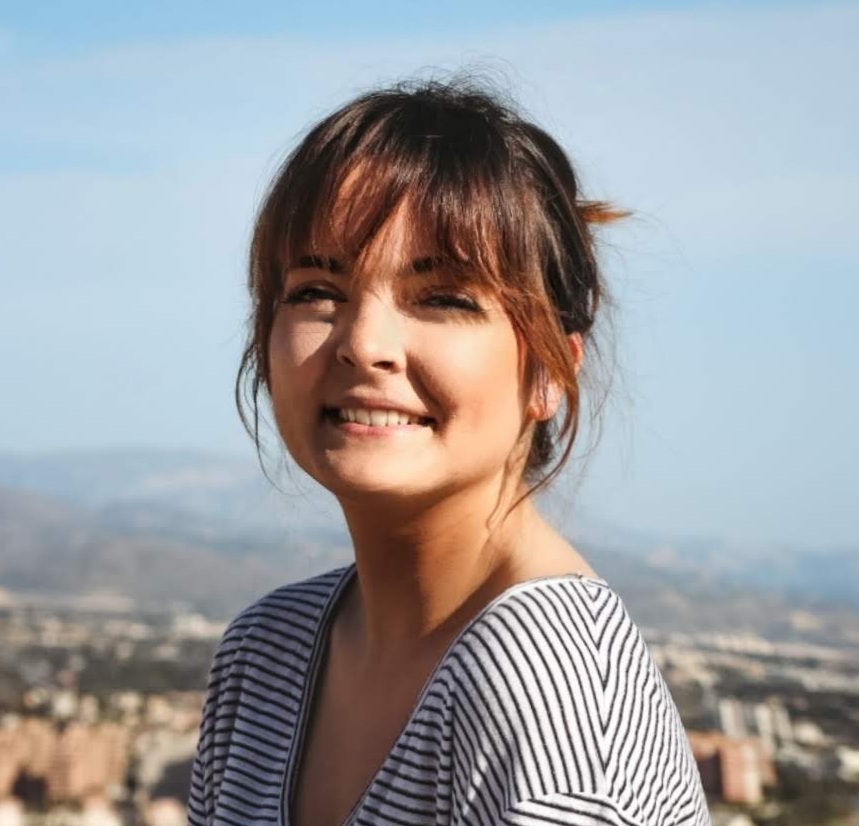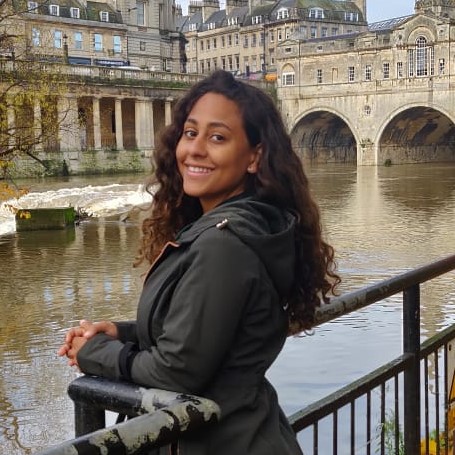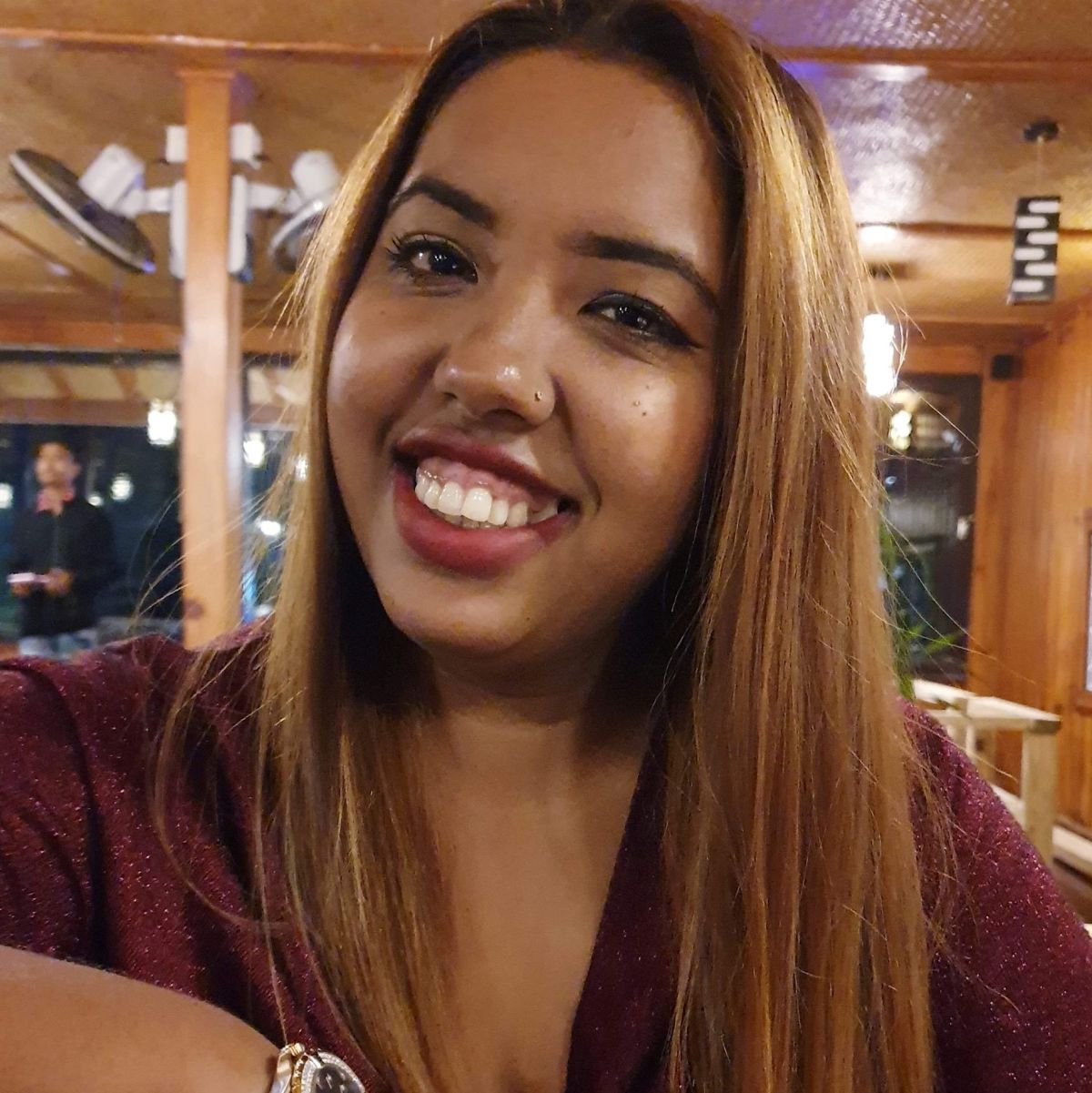L’intoccabilità delle donne e i soccorsi sanitari durante il terremoto in Nepal
L’Articolo 1 della nostra Costituzione dice che tutti hanno diritto a una vita dignitosa. Se ogni mese, durante il ciclo mestruale, le donne non vanno toccate, dov’è la loro dignità?
Nepal, Southern Asia
Story by Chandra Bhadra. Translated by Stefania Ledda
Published on October 14, 2022.
This story is also available in 



In quanto Professoressa emerita di Studi di genere alla Tribhuvan University di Kathmandu, ho trascorso almeno metà dei miei 70 anni a studiare le sfide che le donne affrontano nella società, e ho anche vissuto quelle esperienze in prima persona. Mentre crescevo, la sensazione di impurità che avevo durante il ciclo mestruale mi veniva inculcata. Avevo molta paura di fare la Puja[1] o di andare al tempio. In Nepal, quando hai il ciclo, devi dormire in un letto separato e utilizzare oggetti che non siano quelli degli altri. Non ti è nemmeno permesso di toccare il tappeto che le altre persone condividono per sedersi. In alcune zone, le donne e le ragazze restano in piccole baracche lontano da casa in quel periodo. In altre parole, le donne sono ‘intoccabili’[2] durante il ciclo.
Nella casa dei miei genitori non era così, ma quando sono andata a casa dei miei zii, sono stata trattata come una ragazza impura. Mi sono sentita talmente male, umiliata e privata della mia dignità. E questo è stato particolarmente difficile per me, quando ero una timida ragazzina.
Ma lasciate che vi racconti come io e i miei amici abbiamo affrontato l’emergenza sanitaria dopo il terremoto del 2015[3]. Quando è avvenuta la tragedia, sono tutti corsi via per salvarsi la vita con i soli vestiti addosso, nient’altro. Le donne non avevano nulla da poter utilizzare per il ciclo. Poi, iniziarono a ricevere i beni giunti con i soccorsi e molte delle donne in missione umanitaria fornirono assorbenti monouso, che non erano pratici né ecologici nonostante ne servissero in grandi quantità. Allora ero una professoressa e lavorai con gli studenti alla preparazione e distribuzione delle “borse mestruali” alle donne colpite dal sisma. Questo ha dato il via alla mia passione per la difesa delle donne nel mio paese dalla proibizione di essere toccate.
Dopo aver riflettuto insieme ad alcuni amici, abbiamo iniziato a distribuire assorbenti sanitari riutilizzabili. Mettevamo 4 assorbenti riutilizzabili di cotone, due pezzi per l’intimo, spille da balia e sapone nelle borse e poi le distribuivamo alle donne. Ogni borsa costava 300 rupie nepalesi (2,50 dollari) ma sarebbe bastata per un anno intero.
Ho scritto email a colleghi e amici, illustrando loro l’idea utilizzando dati esterni alla ricerca accademica. Iniziammo una raccolta fondi e nel giro di tre settimane avevamo raccolto 350.000 rupie nepalesi (2.887,15 dollari). Poi, l’istituto delle scienze mediche di Dharan, una grande città nel Nepal orientale, volle partecipare. I miei studenti e altre persone furono coinvolte e l’idea si diffuse fino alla città di Pokhara, dove gli studenti dell’università locale e del Campus Prithvi Narayan parteciparono alla preparazione e distribuzione della “Borsa mestruale” nel distretto di Gorkha, epicentro del terremoto.
Ho ricevuto 1.000 dollari da colleghi soci della “Sociologists for Women in Society”[4]. Abbiamo stretto rapporti con la “Nagarik Awaz”, una ONG per la pace che consegnò beni di prima necessità ai villaggi colpiti[5] e avviato un dialogo con gli uomini e le donne dei villaggi che ricevettero gli aiuti. I risultati furono interessanti: sia uomini che donne pensano che le mestruazioni siano un evento naturale e biologico e che non ci sia alcun tabù al riguardo nonostante la società ne imponga l’impurità.
Da un punto di vista legislativo, sono riuscita ad avere un’influenza sul tema quando nel 2015 il governo nepalese stava decidendo se avere una nuova costituzione. Feci una presentazione di fronte al comitato parlamentare[6] per le donne, i bambini e gli anziani, esortando a rendere illegale l’”intoccabilità” di genere all’interno della nuova costituzione. Sebbene i membri del comitato si fossero dimostrati favorevoli durante gli incontri della consulta, la Costituzione del 2015 approvò una legge poco chiara, affermando che le persone non possono essere discriminate “sulla base della loro condizione fisica,” ma senza affermare specificamente “intoccabilità durante il ciclo”.
Io e i miei colleghi facemmo pressioni sul governo. Scrissi un articolo[7], chiedendo una misura che condannasse il tabù durante il ciclo mestruale. Finora, la formulazione della legge non è cambiata.
L’Articolo 1 della nostra Costituzione dice che tutti hanno diritto a una vita dignitosa. Se ogni mese, durante il ciclo mestruale, le donne non devono essere toccate, allora dov’è la loro dignità?
[1] Una cerimonia di preghiera e rito giornaliero di preghiera nella tradizione hindu. Partecipare alla Puja quando si ha il ciclo era ed è ancora considerato un atto impuro.
[2] In Nepal, questa pratica è chiamata sistema Chhaupadi. Le donne sono considerate impure durante le mestruazioni e sono relegate in capanne oppure obbligate a vivere fuori casa durante quel periodo. La pratica non è più ufficialmente legale, ma in alcune zone rurali viene ancora adottata.
[3] Il “terremoto del 2015 in Nepal, anche chiamato terremoto di Gorkha, è un grave terremoto che colpì le zone vicine alla città di Kathmandu, nel Nepal centrale, il 25 aprile 2015. Circa 9.000 persone persero la vita, molte migliaia furono ferite e più di 600.000 edifici in Kathmandu e nelle città circostanti vennero danneggiati o distrutti.”
[4] Un gruppo femminista statunitense dedicato alle sociologhe: https://socwomen.org
[5] https://www.nagarikaawaz.org.np
[6] Organizzazioni sub-legislative
[7] https://kathmandupost.com/opinion/2015/07/30/legal-omission
How does this story make you feel?
Follow-up
Do you have any questions after reading this story? Do you want to follow-up on what you've just read? Get in touch with our team to learn more! Send an email to [email protected].
Talk about this Story
Please enable cookies to view the comments powered by Disqus.
Subscribe to our Monthly Newsletter
Stay up to date with new stories on Correspondents of the World by subscribing to our monthly newsletter:
Other Stories in Italiano
Explore other Topics
Get involved
At Correspondents of the World, we want to contribute to a better understanding of one another in a world that seems to get smaller by the day - but somehow neglects to bring people closer together as well. We think that one of the most frequent reasons for misunderstanding and unnecessarily heated debates is that we don't really understand how each of us is affected differently by global issues.
Our aim is to change that with every personal story we share.
Community Worldwide
Correspondents of the World is not just this website, but also a great community of people from all over the world. While face-to-face meetings are difficult at the moment, our Facebook Community Group is THE place to be to meet other people invested in Correspondents of the World. We are currently running a series of online-tea talks to get to know each other better.











